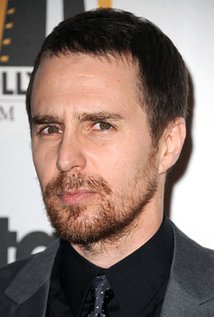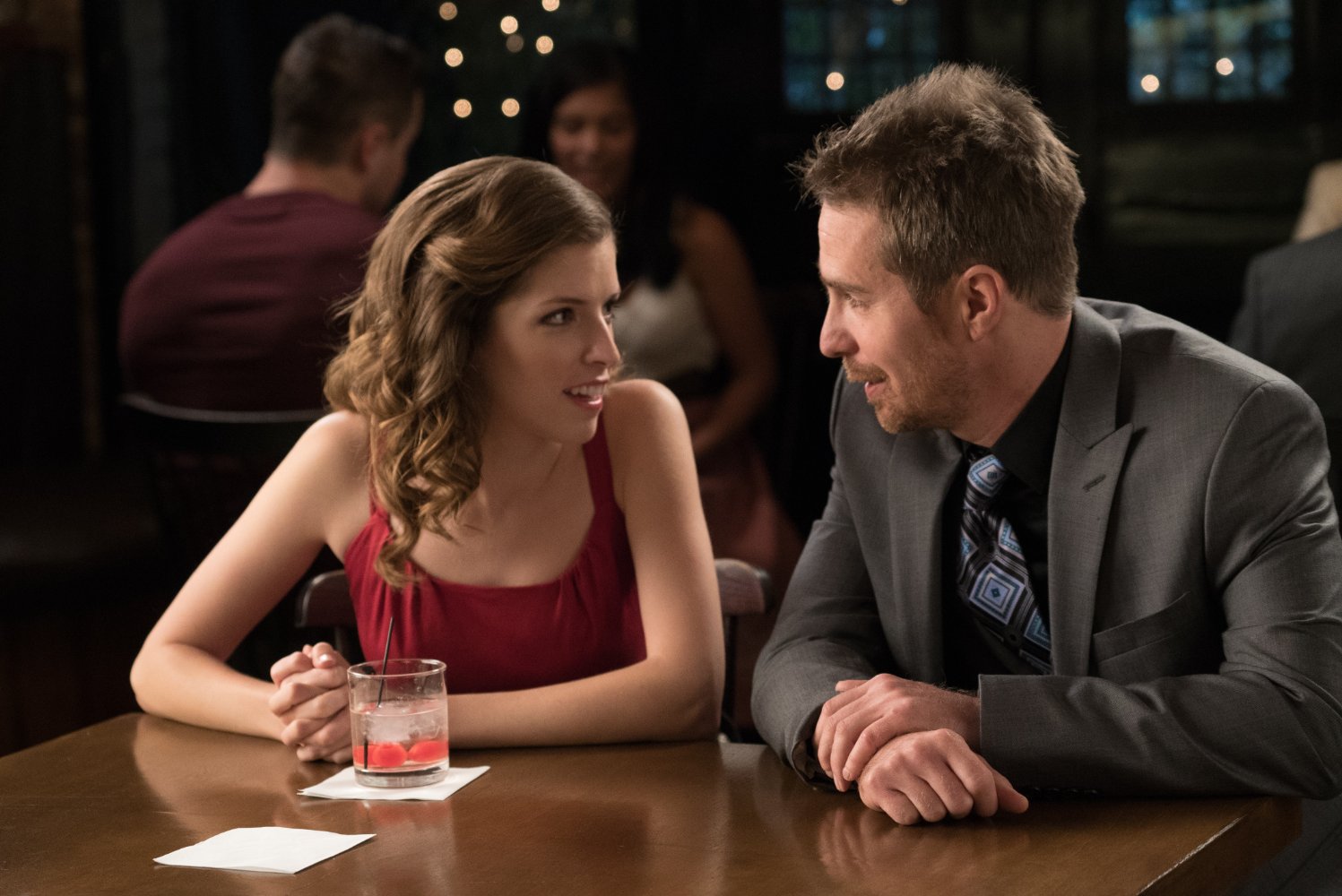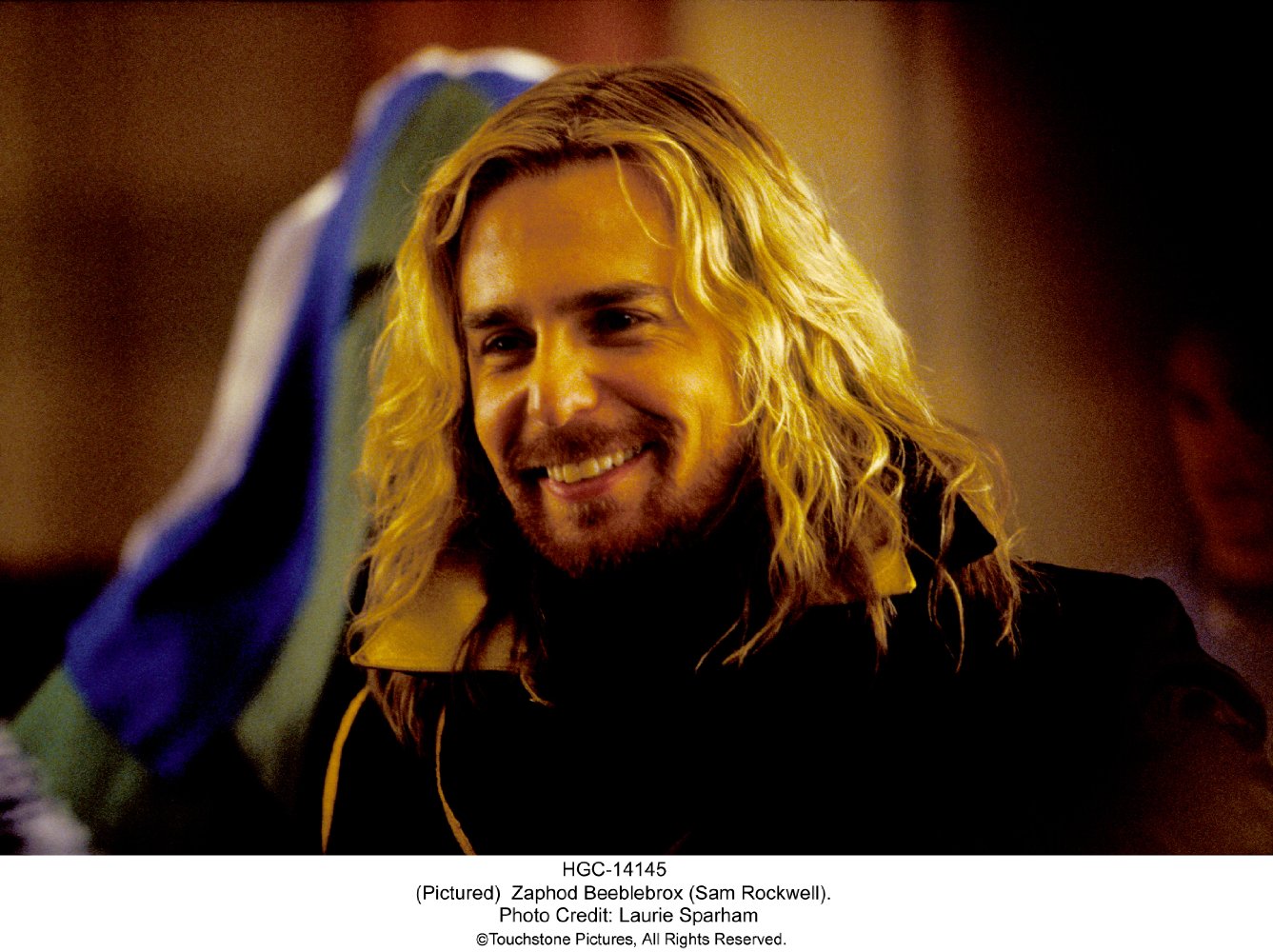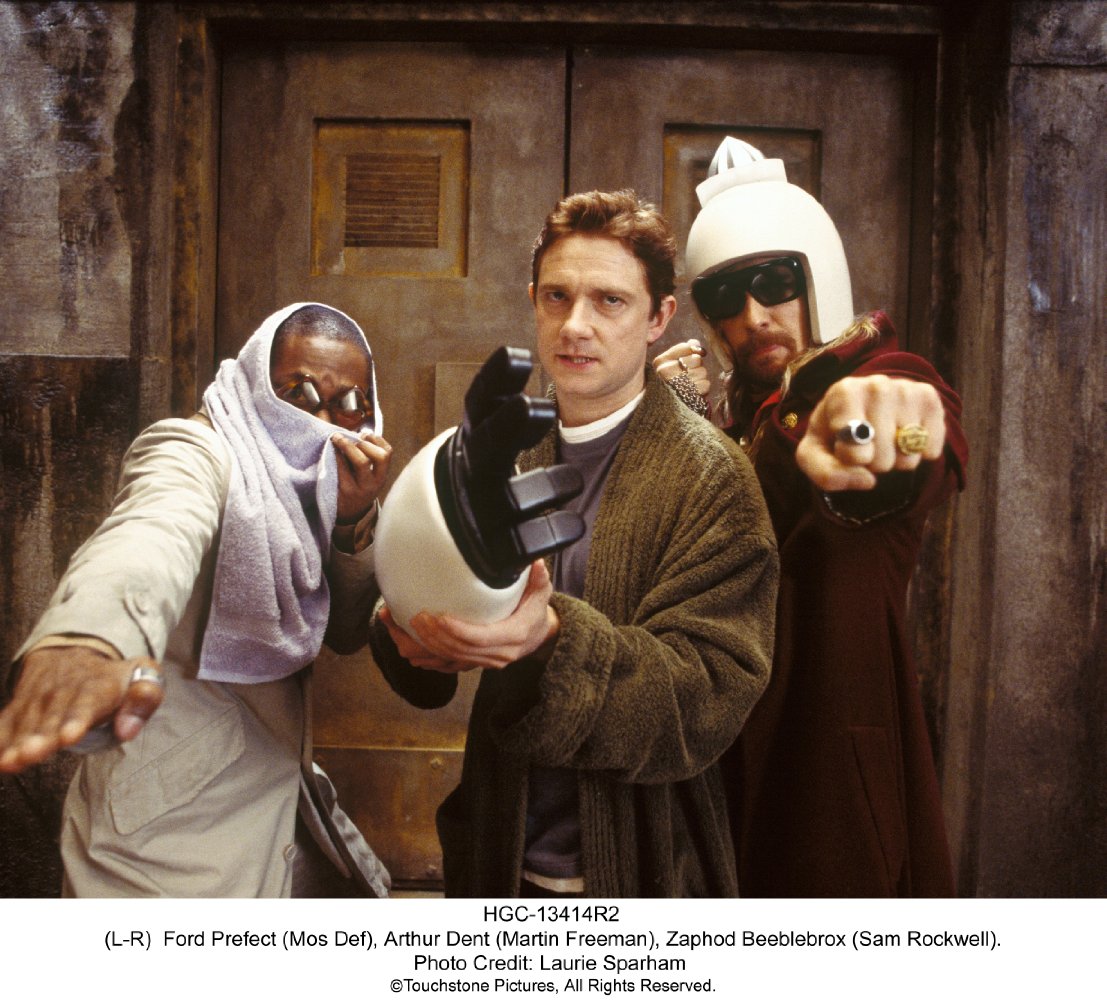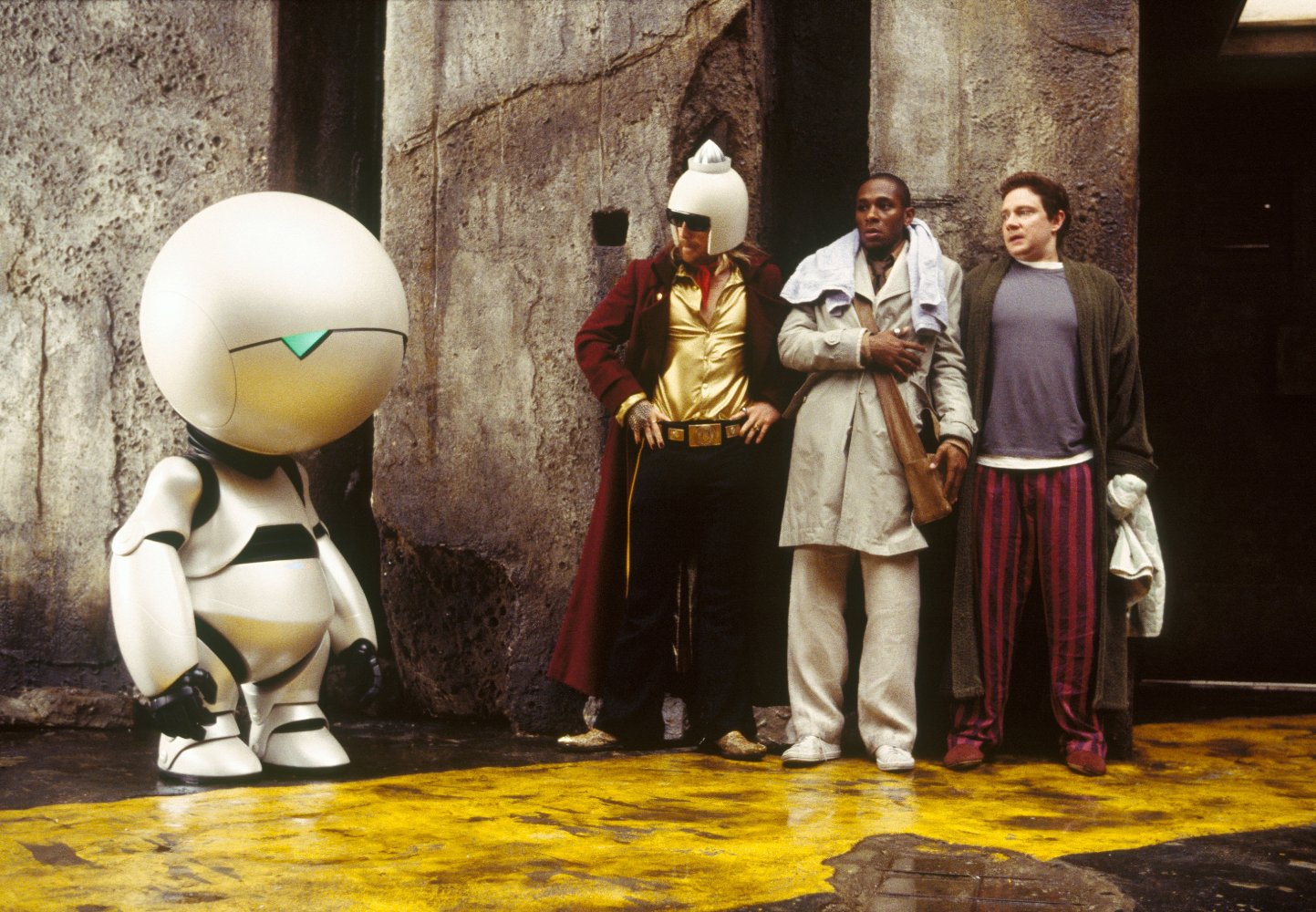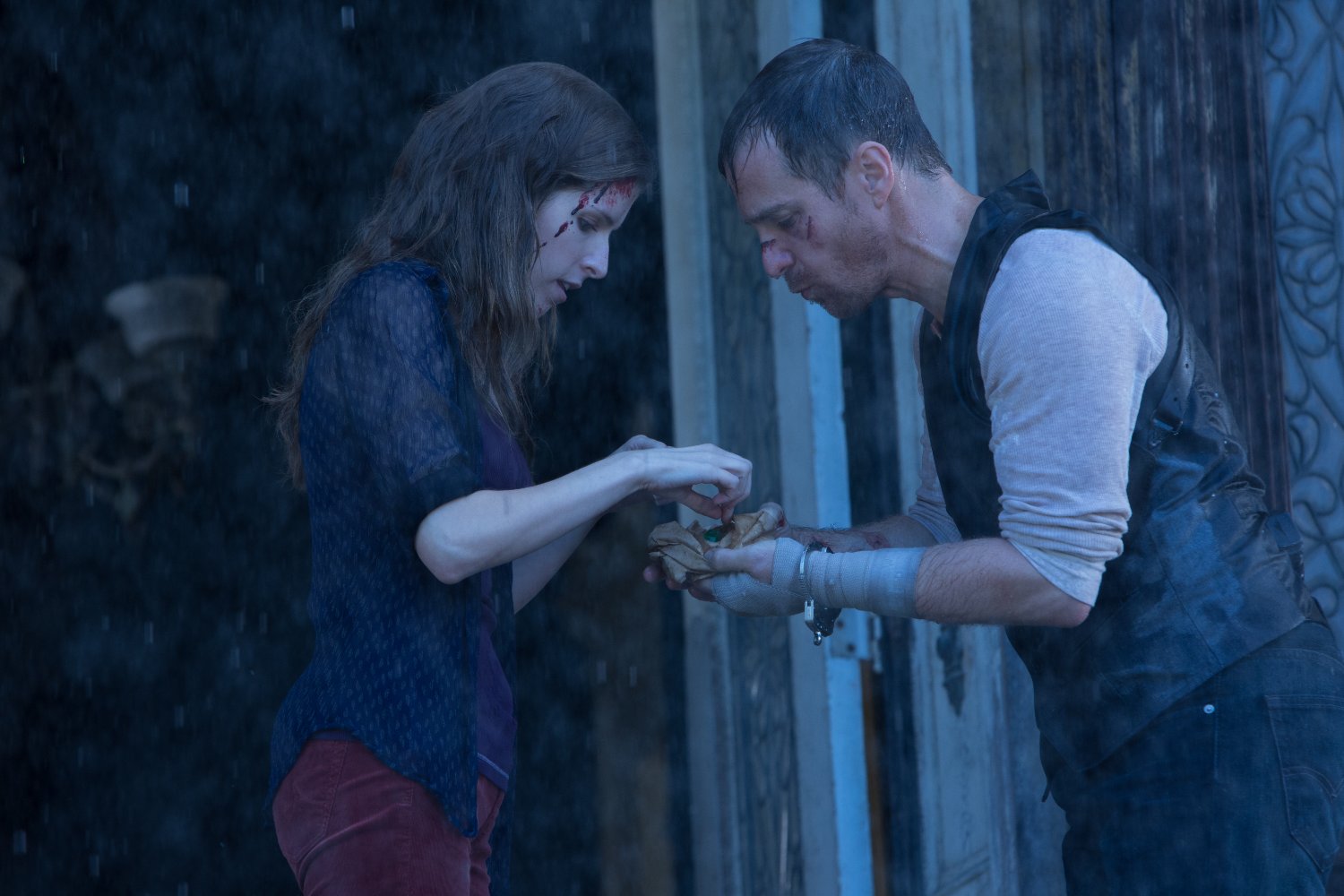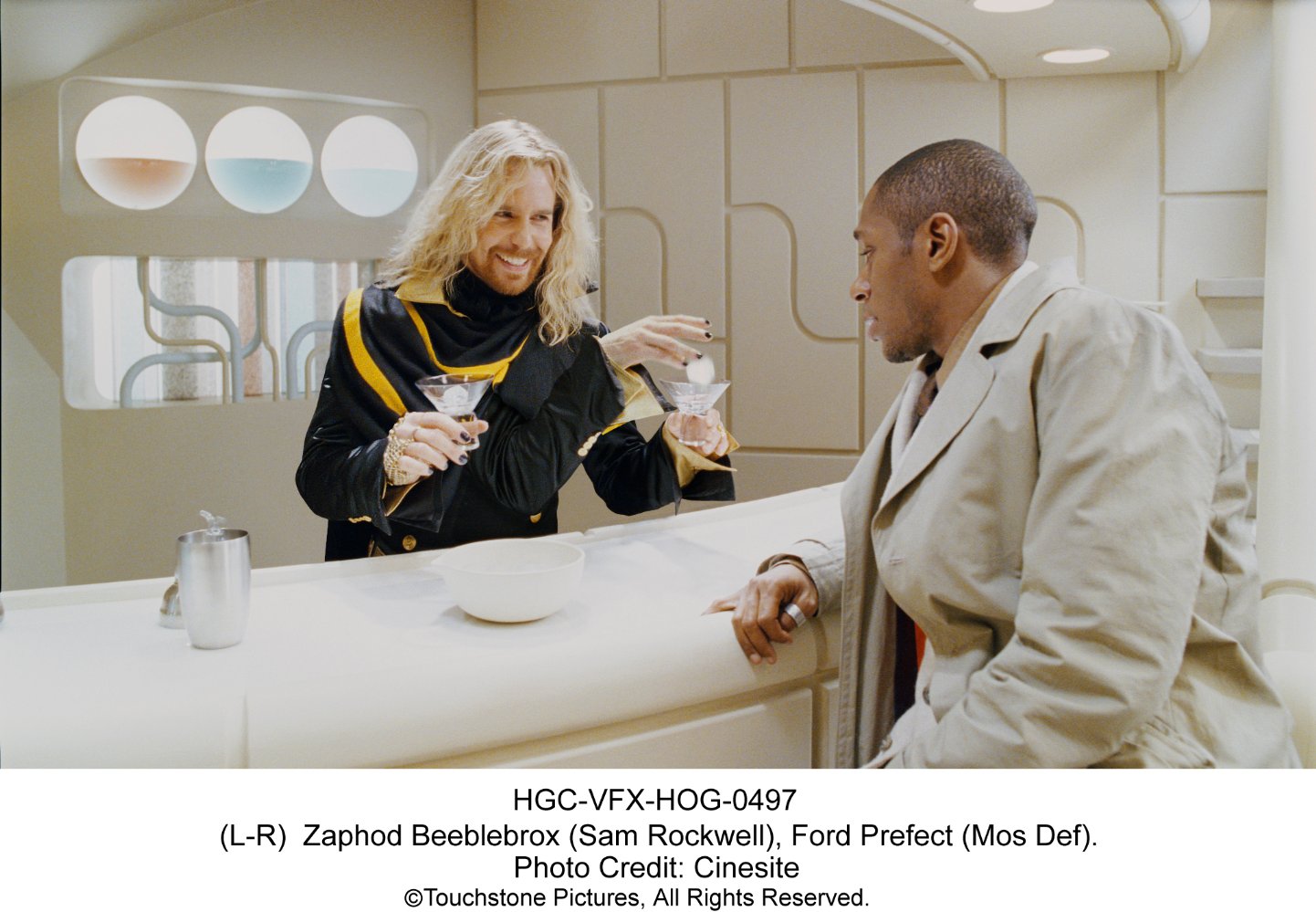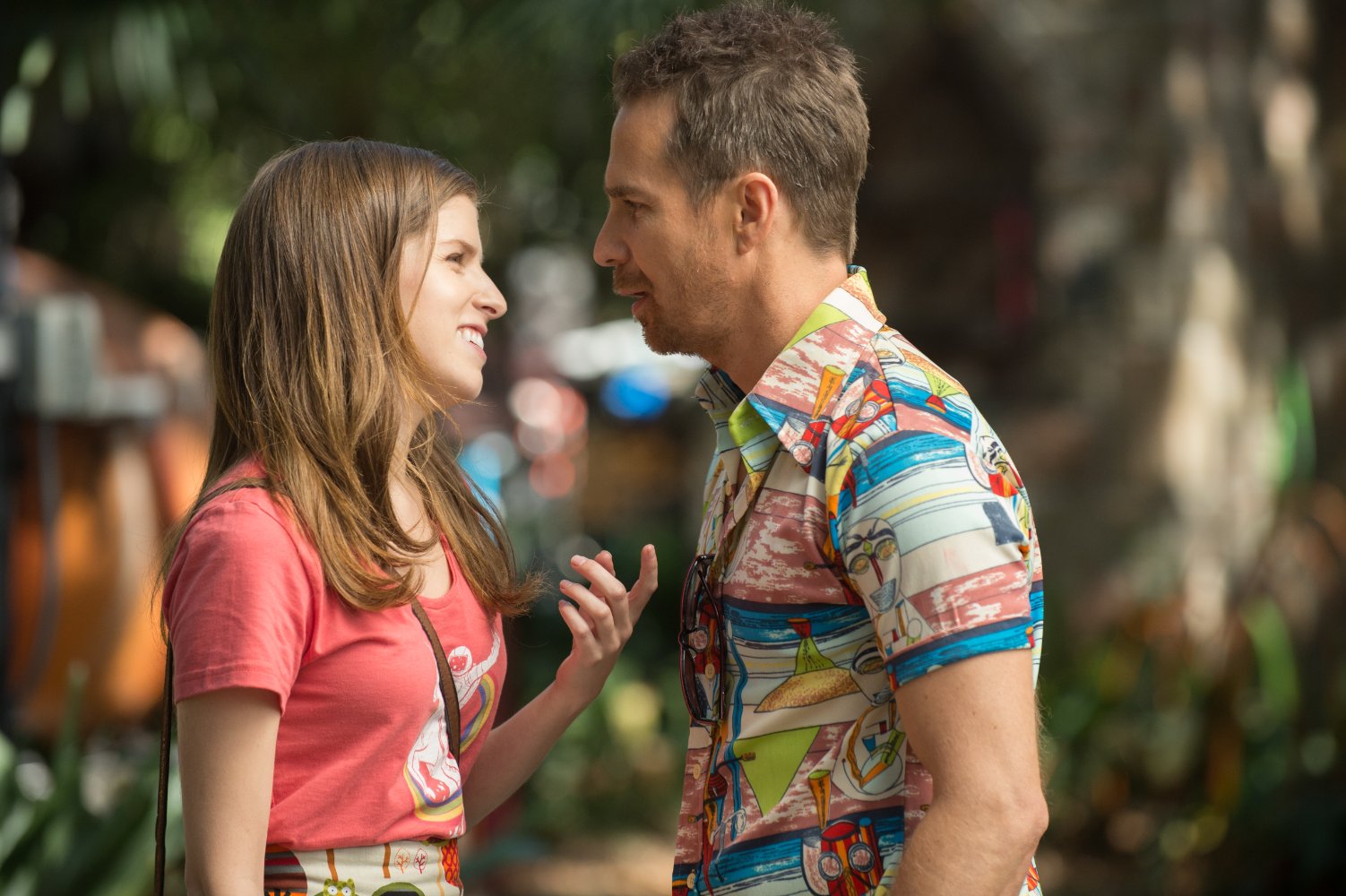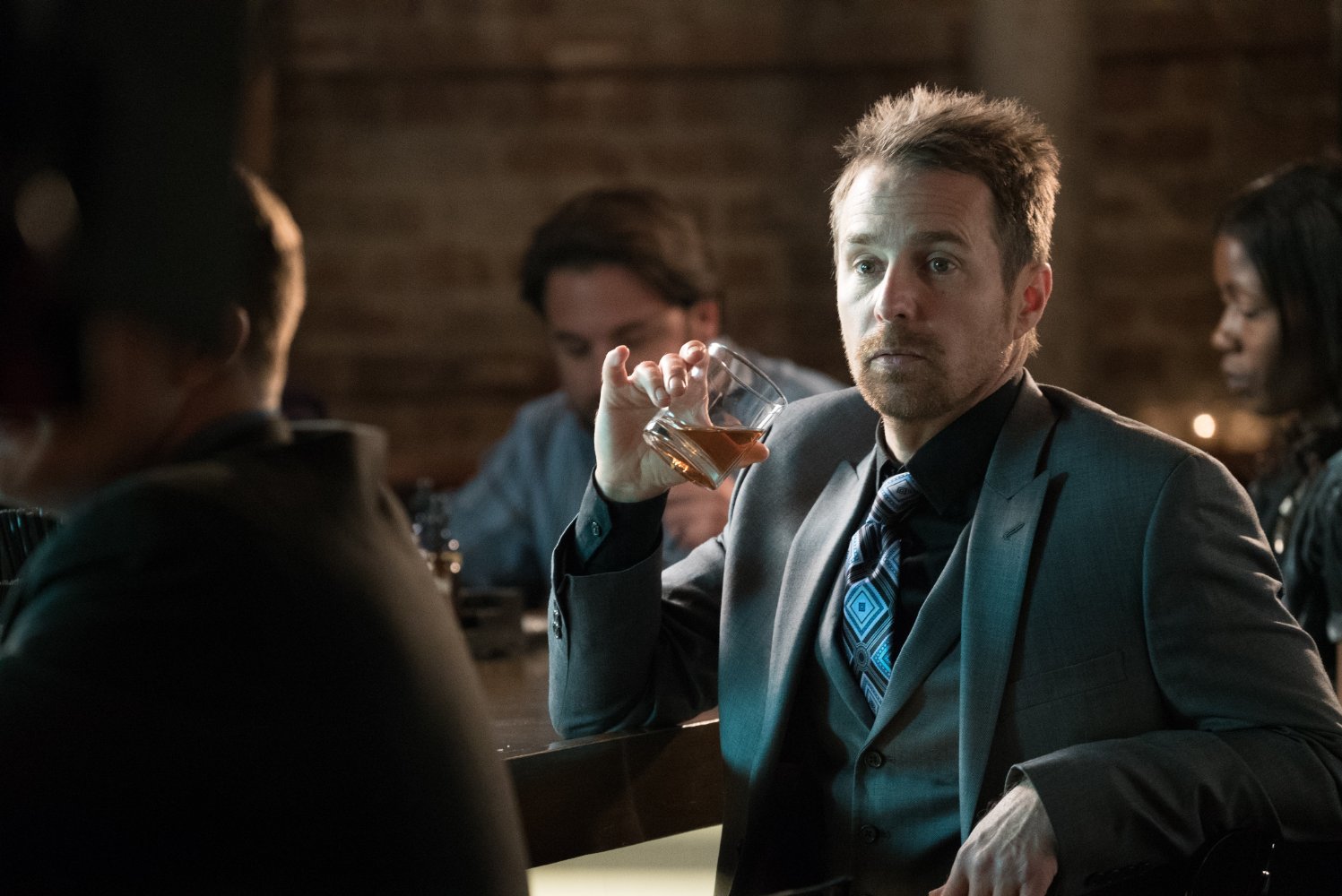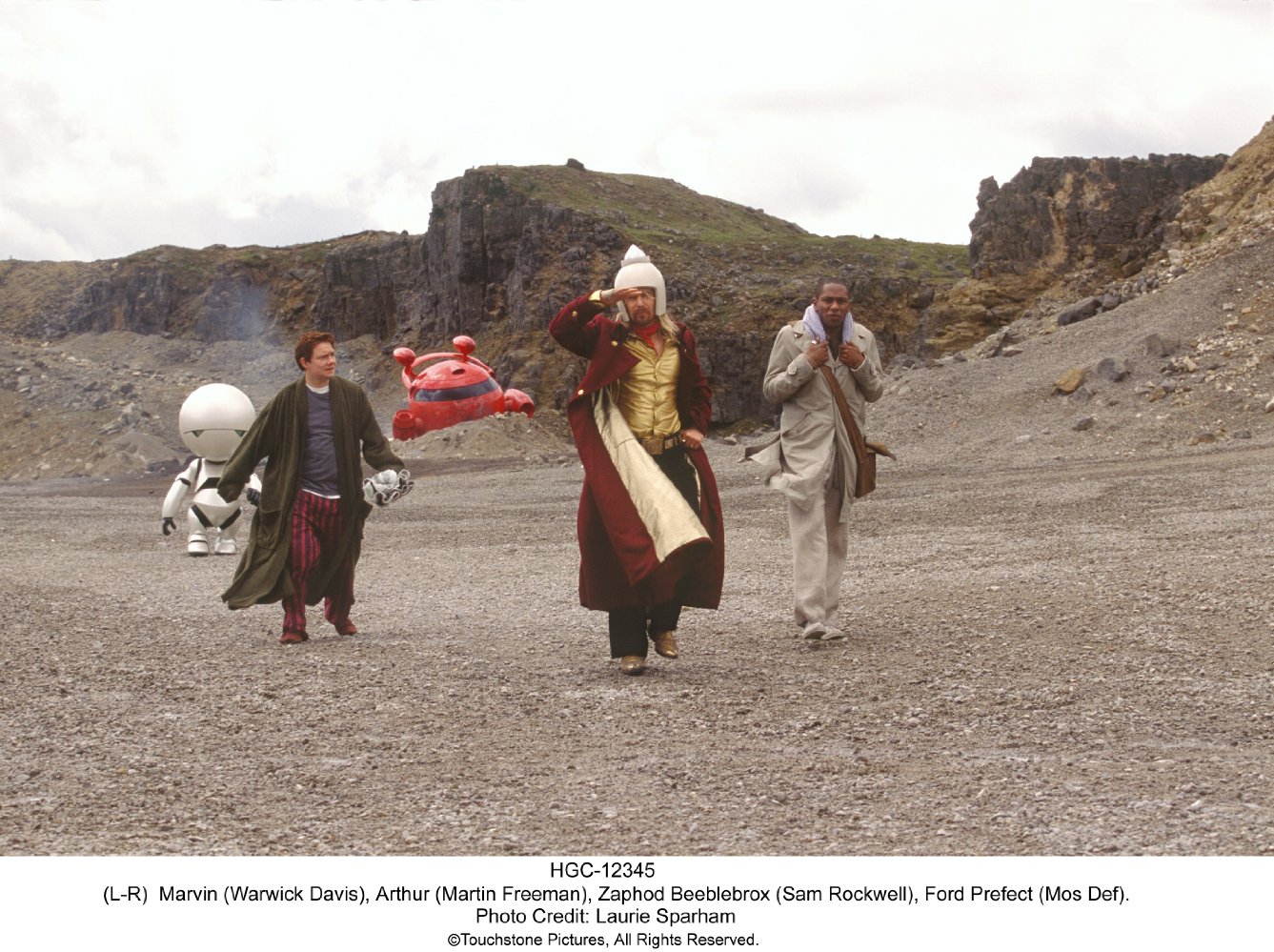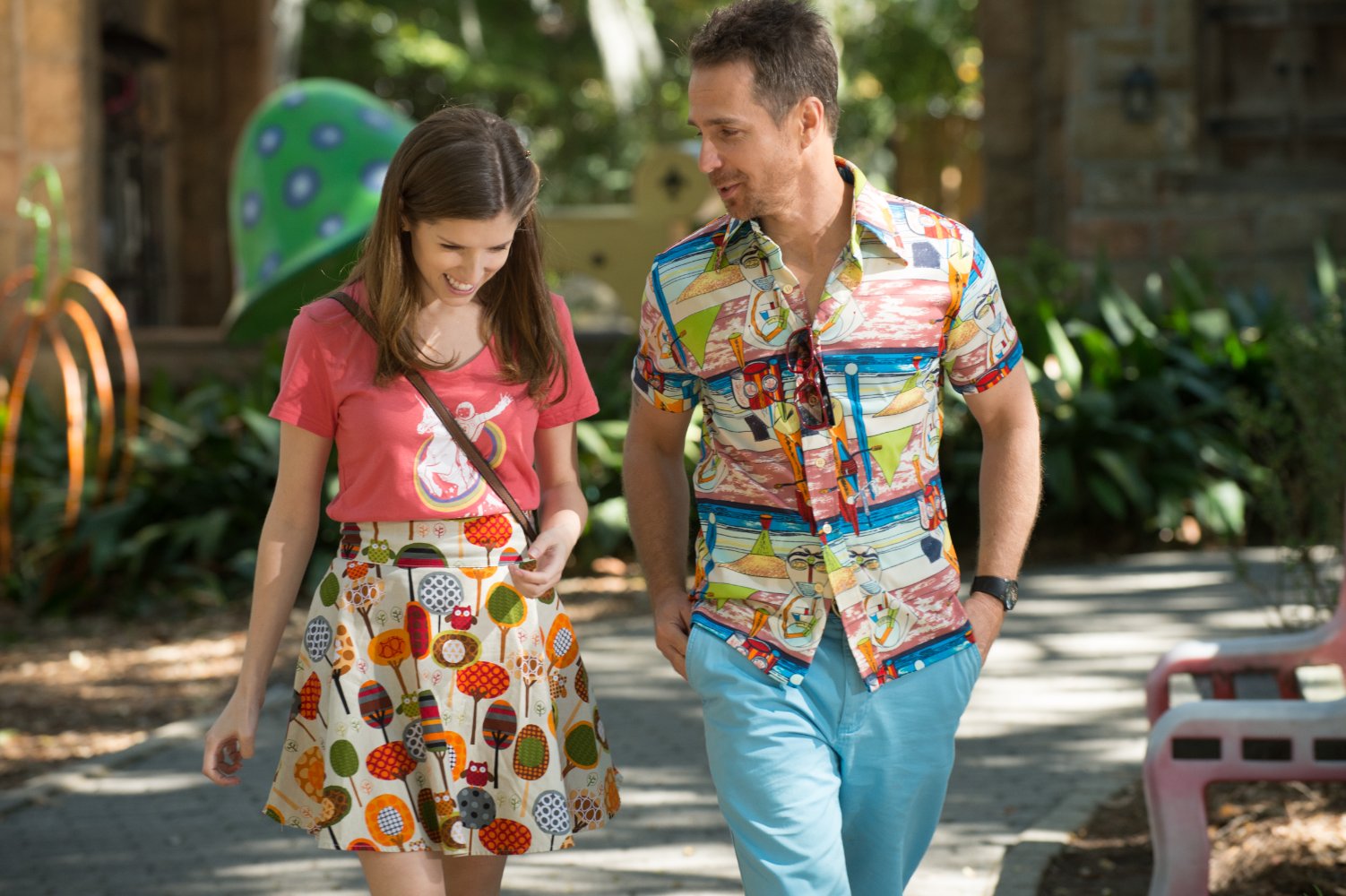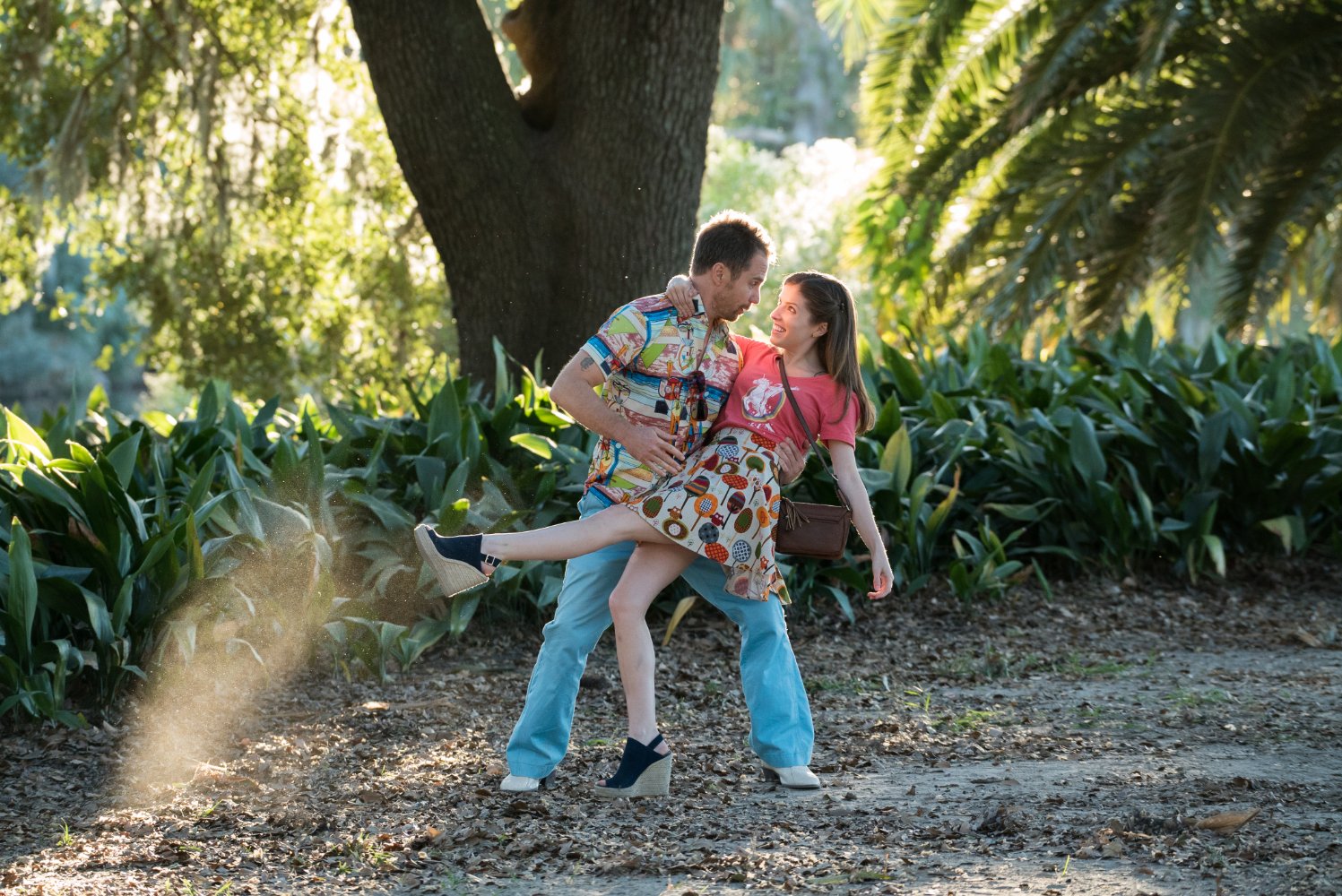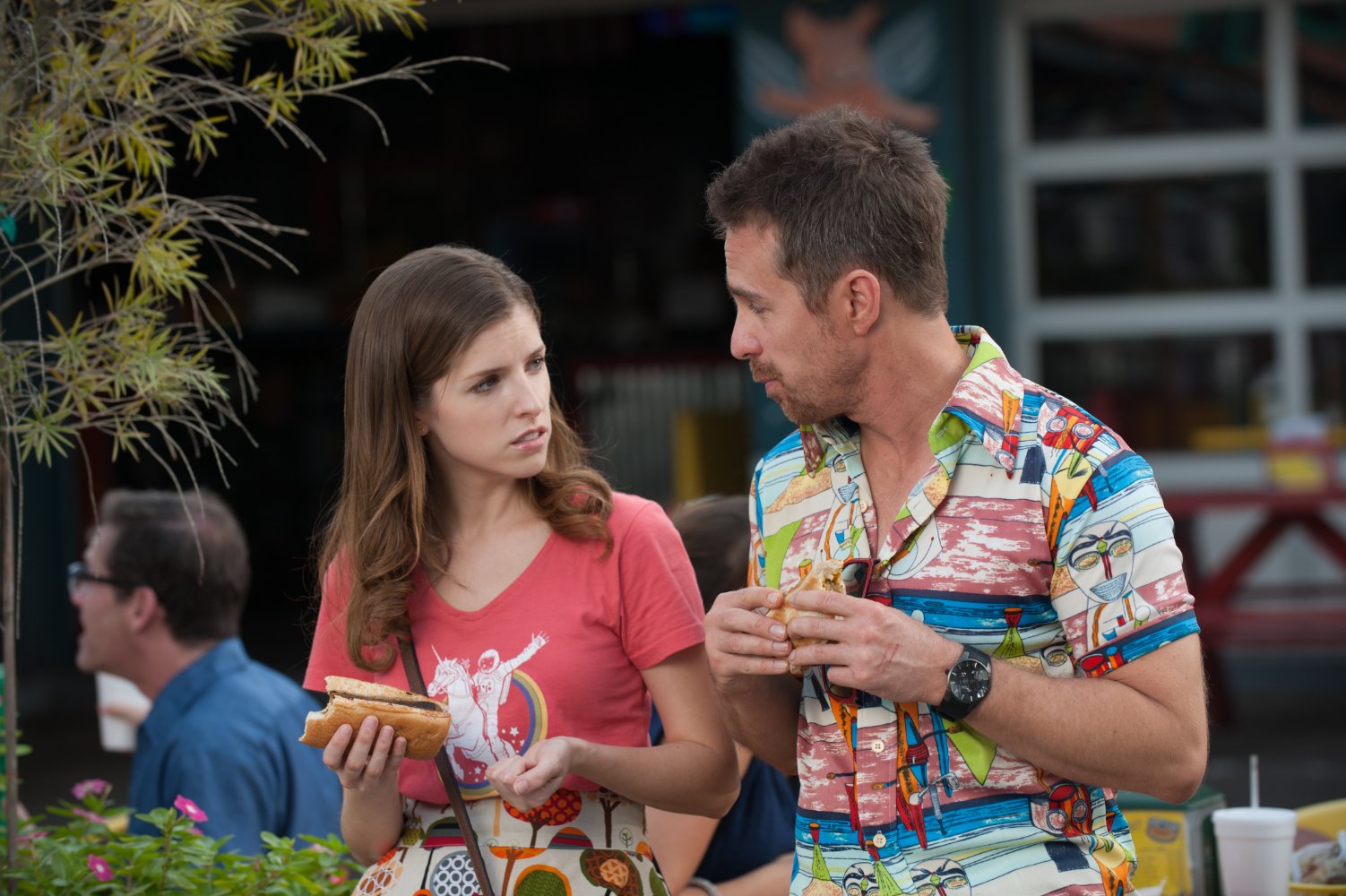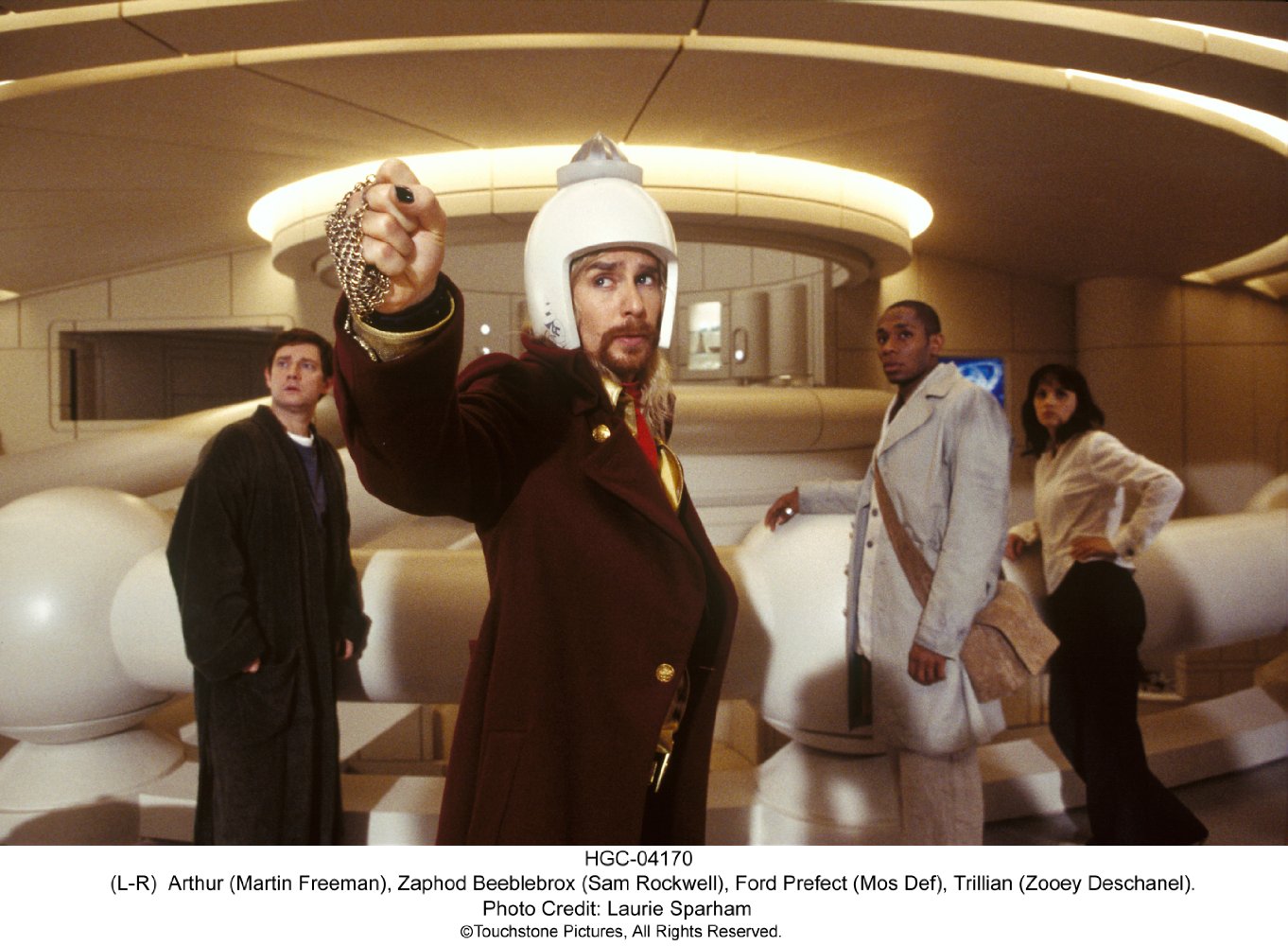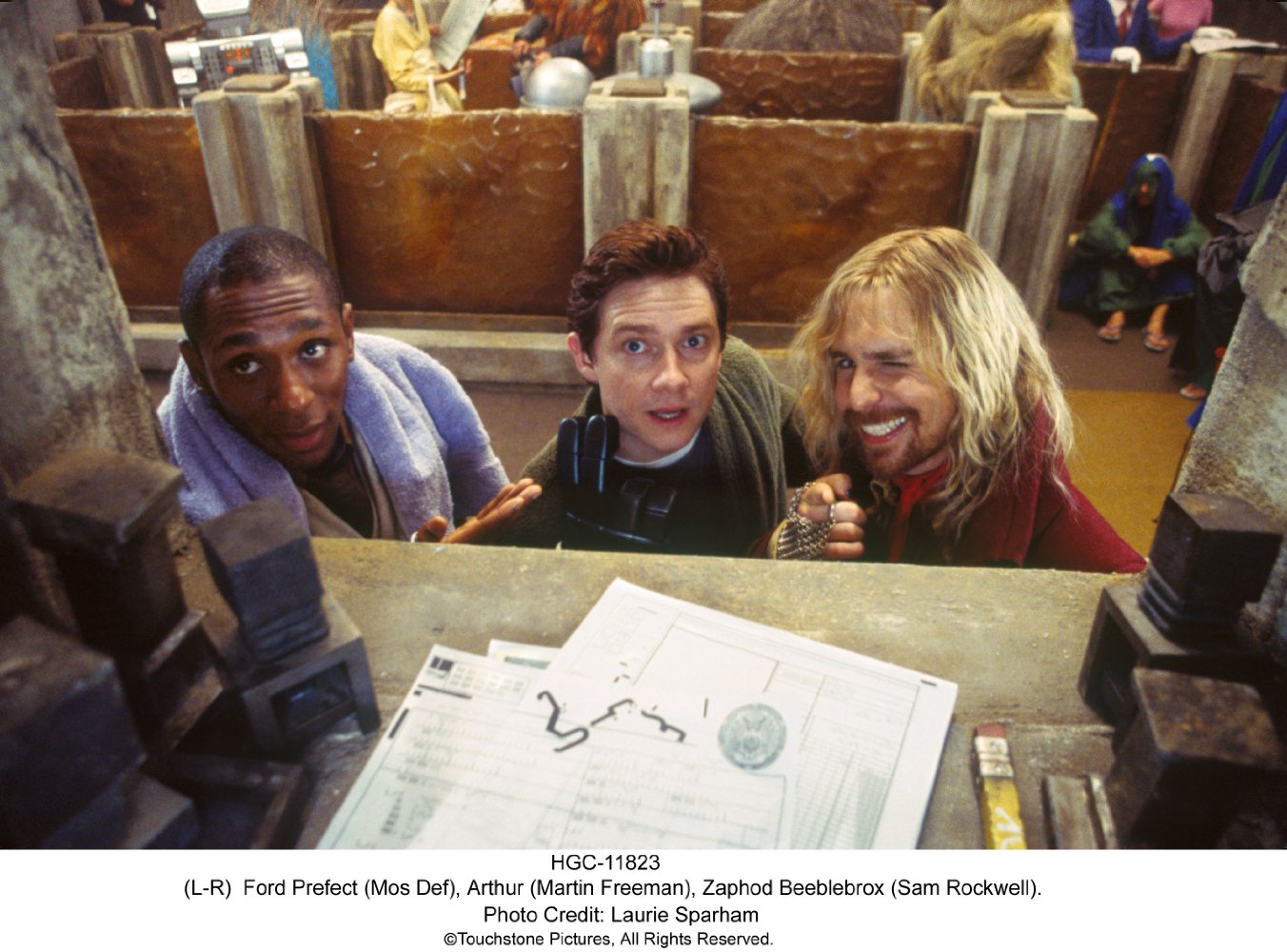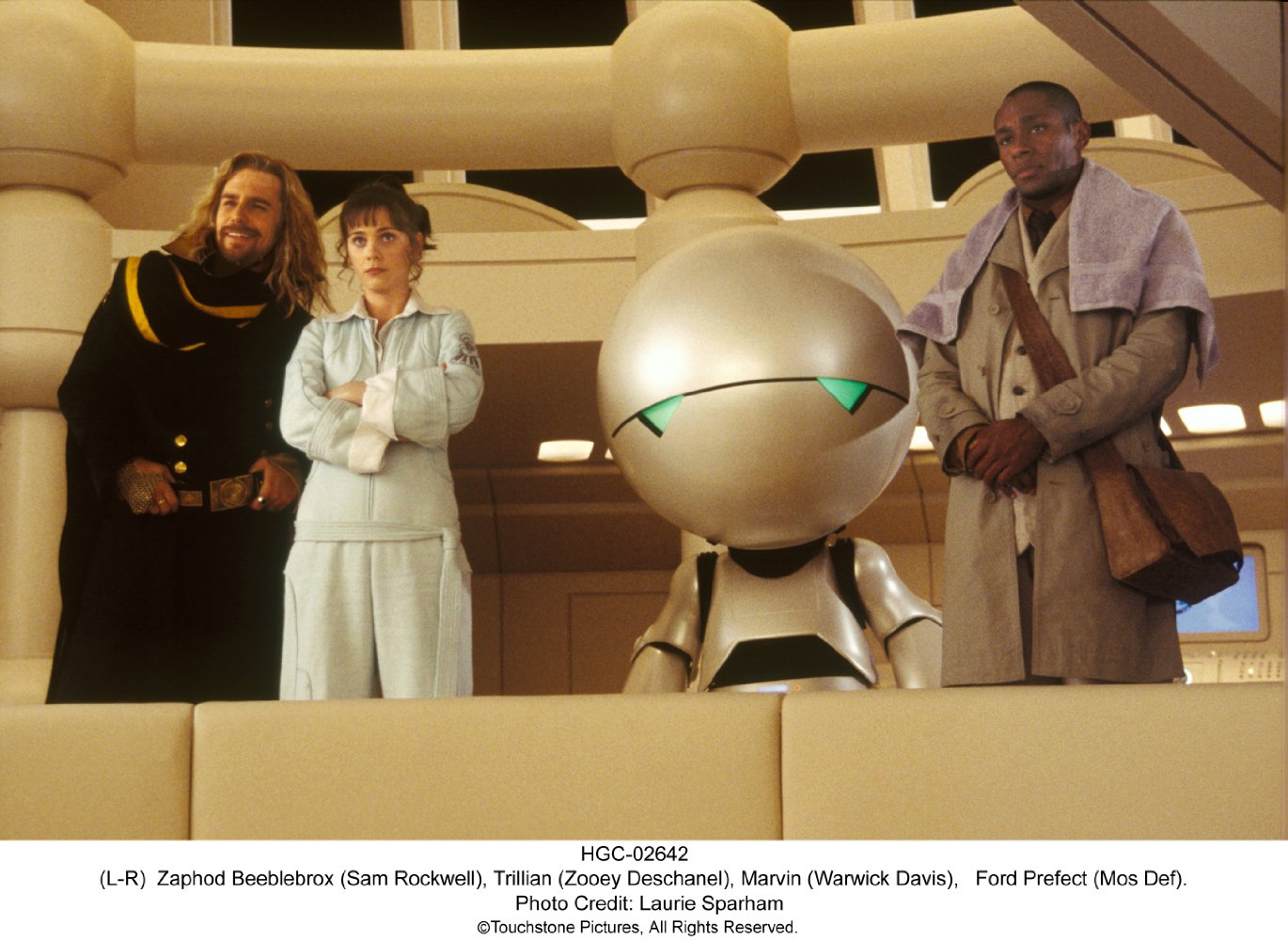Sam Rockwell was born on November 5, 1968, in San Mateo, California, the child of two actors, Pete Rockwell and Penny Hess. The family moved to New York when he was two years old, living first in the Bronx and later in Manhattan. When Sam was five years old, his parents split up, at which point he and his father moved to San Francisco, where he sub...
Show more »
Sam Rockwell was born on November 5, 1968, in San Mateo, California, the child of two actors, Pete Rockwell and Penny Hess. The family moved to New York when he was two years old, living first in the Bronx and later in Manhattan. When Sam was five years old, his parents split up, at which point he and his father moved to San Francisco, where he subsequently grew up, while summers and other times were spent with his mother in New York.He made his acting debut when he was ten years old, alongside his mother, and later attended J Eugene McAteer High School in a program called SOTA. While still in high school, he got his first big break when he appeared in the independent film Clownhouse (1989). The plot revolved around three escaped mental patients who dressed up as clowns and terrorized three brothers home alone--Sam played the eldest of the brothers. His next big break was supposed to have come when he was slated to star in a short-lived NBC TV-series called Dream Street (1989), but he was soon fired.After graduating from high school, Sam returned to New York for good and for two years he had private training at the William Esper Acting Studio. During this period he appeared in a variety of roles, such as the ABC Afterschool Specials (1972): Over the Limit (1990) (TV) and HBO's Lifestories: Families in Crisis (1992): Dead Drunk: The Kevin Tunell Story (Season 1 Episode 7: 15 March 1993); the head thug in Teenage Mutant Ninja Turtles (1990); and a guest-star turn in an Emmy-winning episode of Law & Order (1990), while working a string of regular day jobs and performing in plays.In 1994, a Miller Ice beer commercial finally enabled him to quit his other jobs to concentrate on his acting career, which culminated in him having five movies out by 1996: Basquiat (1996); The Search for One-eye Jimmy (1994); Glory Daze (1995); Mercy (1995); and Box of Moon Light (1996). It was the latter film that would prove to be his real break-out in the industry. In Tom DiCillo's film, he found himself playing an eccentric named the Kid, a man-child living in a half-built mobile home in the middle of nowhere with a penchant for dressing like Davy Crockett, who manages to bring some much-needed chaos into the life of an electrical engineer played by John Turturro. The movie was not a box-office success, but it managed to generate a lot of critical acclaim for itself and Sam.In 1997 he found himself the star of another critically lauded film, Lawn Dogs (1997). Once again he portrayed a societal outcast as Trent, a working-class man living in a trailer, earning a living mowing lawns inside a wealthy, gated Kentucky community. Soon Trent finds himself befriended by 10-year-old Devon (Mischa Barton), and the movie deals with the difficulties in their friendship and the outside world. He also gave strong performances in the quirky independent comedy Safe Men (1998), in which he plays one half of a pretty awful singing duo (the other half being played by Steve Zahn) that gets mistaken for two safe-crackers by Jewish gangsters; and the offbeat hit-man trainee in Jerry and Tom (1998) against Joe Mantegna.After a few smaller appearances in films such as Woody Allen's Celebrity (1998) and the 1999 version of A Midsummer Night's Dream (1999), in which he played Francis Flute, he had larger parts in two of the bigger hit movies to emerge in 1999: The Green Mile (1999) and Galaxy Quest (1999), wowing audiences and critics alike with his chameleon-like performances as a crazed killer in the former and a goofy actor in the latter.More recently, he appeared in another string of mainstream films, most notably as Eric Knox in Charlie's Angels (2000) and as Zaphod Beeblebrox in The Hitchhiker's Guide to the Galaxy (2005), while continuing to perform in smaller independent movies. After more than ten years in the business, Sam has earned his success.
Show less «

